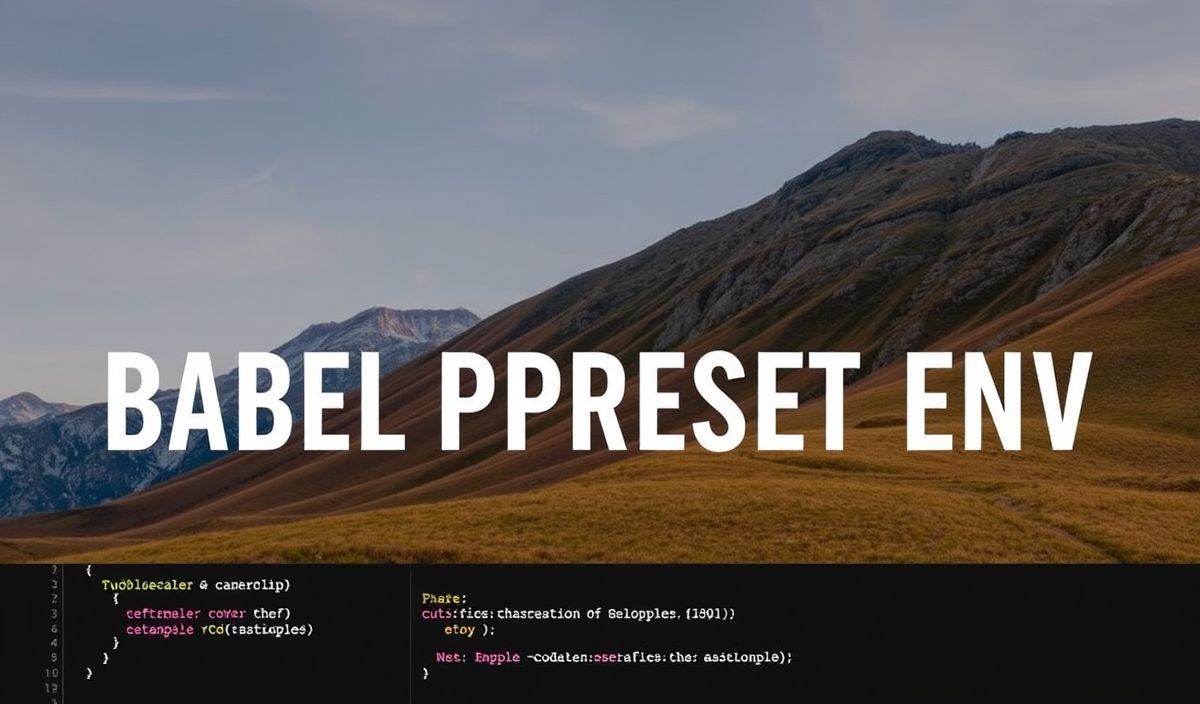Introduction to Codecov
Codecov is a powerful tool that helps developers measure and improve code coverage with seamless integration into any workflow. This CI/CD tool provides actionable insights through extensive coverage reports and enables better testing practices.
Getting Started with Codecov
Using Codecov, you can streamline your development process and ensure your code is both well-tested and high quality. Below, we will explore a range of Codecov APIs along with code snippets for practical understanding.
API Examples
Uploading a Report
To upload a report to Codecov, use the following API:
curl -X POST \
-H "Content-Type: text/plain" \
--data-binary @coverage.txt \
https://codecov.io/upload/v4?token=your_token
Getting Repository Information
You can retrieve information about a specific repository:
curl https://codecov.io/api/gh/user/repo
Listing Repository Commits
To get a list of commits for a particular repository:
curl https://codecov.io/api/gh/user/repo/commits
Fetching a Specific Commit’s Report
To fetch the coverage report details for a specific commit:
curl https://codecov.io/api/gh/user/repo/commit/
Application Example
Let’s build a small Node.js application and integrate Codecov to track its code coverage.
Setup the Project
mkdir myapp cd myapp npm init -y npm install --save-dev jest codecov
Add a Simple Test
// sum.js
function sum(a, b) {
return a + b;
}
module.exports = sum;
// sum.test.js
const sum = require('./sum');
test('adds 1 + 2 to equal 3', () => {
expect(sum(1, 2)).toBe(3);
});
Configure Jest
Add the following section to your package.json to configure Jest:
"scripts": {
"test": "jest --coverage"
}
Run Tests and Upload Coverage
Finally, run your tests and upload the coverage report to Codecov:
npm test ./node_modules/.bin/codecov
By following these steps, you can effectively integrate Codecov into your development workflow and ensure that your code remains robust and well-tested.
Hash: 1827547e1f1f01bd900909366e28b1cdea4235e94440371b7239c966391ed3b2




